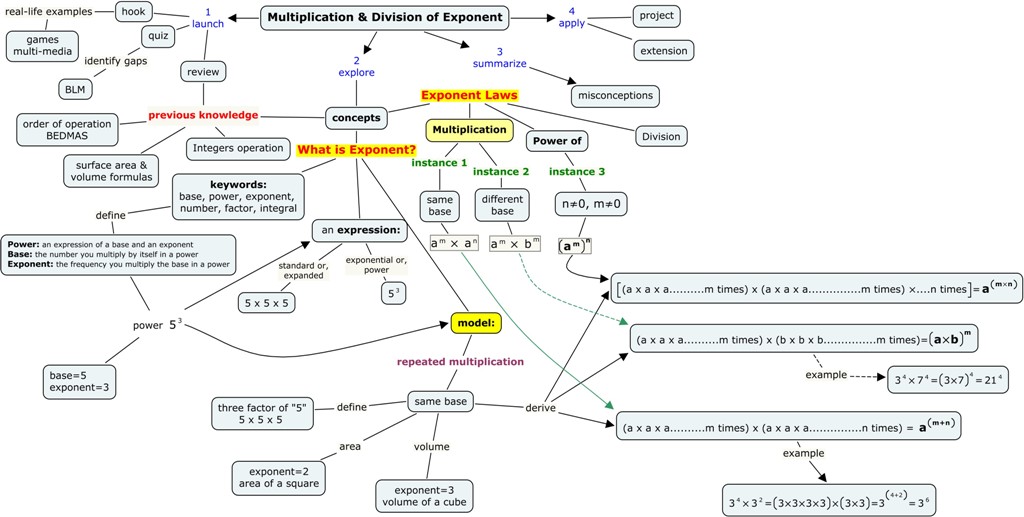Five Strands of Math Proficiencies
(NRC, 2001)
- Conceptual understanding – and understanding of concepts, operations and relations. Conceptual understanding frequently results in students comprehending connections and similarities to interrelated facts.
- Procedural fluency – flexibility, accuracy and efficiency in implementing appropriate procedures. Skill in proficiency includes the knowledge of when and how to use procedures. This includes efficiency and accuracy in basic computations.
- Strategic competence – the ability to formulate, represent and solve mathematical problems. This is similar to problem solving. Strategic competence is mutually supportive with conceptual understanding and procedural fluency.
- Adaptive reasoning - the capacity to think logically about concepts and conceptual relationships. Reasoning is needed to navigate through the various procedures, facts and concepts to arrive at solutions.
- Productive disposition – refers to positive perceptions about mathematics. Productive dispositions develop as students gain more mathematical understanding and become capable of learning and doing mathematics.
.jpg)
